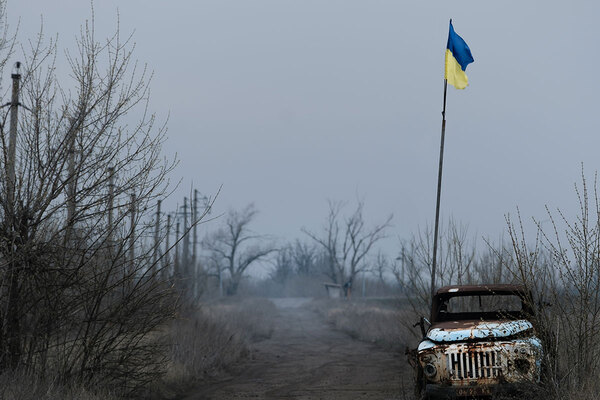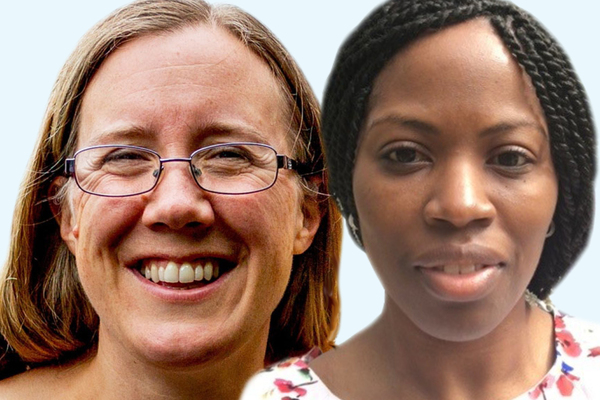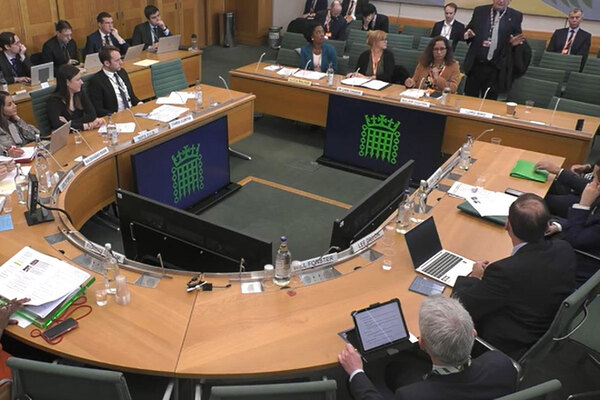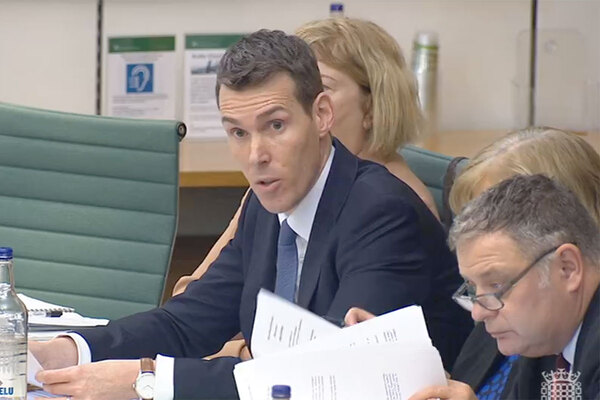You are viewing 1 of your 1 free articles
‘Homes for Ukraine’ scheme launches in government bid to house refugees
The government has officially launched its Homes for Ukraine scheme, aimed at helping those people fleeing the war-torn country.
The website went live yesterday to allow those wanting to take in refugees from Ukraine to register their interest.
However it is still not clear when people will be able to accommodate those escaping the conflict.
The government, which has been criticised for its slow response to the growing refugee crisis, has said there is “no limit” on the number of Ukrainians it expects to help under the scheme.
According to the United Nations, more than 2.8 million people have fled Ukraine because of the Russian invasion.
Under the new scheme, anyone wanting to house a refugee – individuals, charities, community groups and businesses – must ensure their accommodation is available for “at least” six months.
The much-trailed £350 per month for sponsors is described as an “optional thank you payment” in the FAQs about the scheme. Those offering accommodation are not expected to cover food and living expenses for anyone they take in.
People arriving under the scheme will be able to Iive and work in the UK for up to three years, according to the scheme’s website. They will also be able to access healthcare, benefits, employment support, education and English language tuition, the government said.
For UK-based residents who already have the name of a Ukrainian individual or family, a visa application process will go live this Friday (18 March).
Housing secretary Michael Gove said: “I’m asking people across our country who can provide a home for Ukrainians to consider being sponsors.”
James Jamieson, chair of the Local Government Association, said: “Councils are ready to help new arrivals from Ukraine settle in the UK and to support communities who wish to offer assistance to those fleeing the devastating conflict.”
He added: “Councils will be central in helping families settle into their communities and access public services, including schools, public health and other support, including access to trauma counselling.”
Sign up for our Week in Housing newsletter
Already have an account? Click here to manage your newsletters












